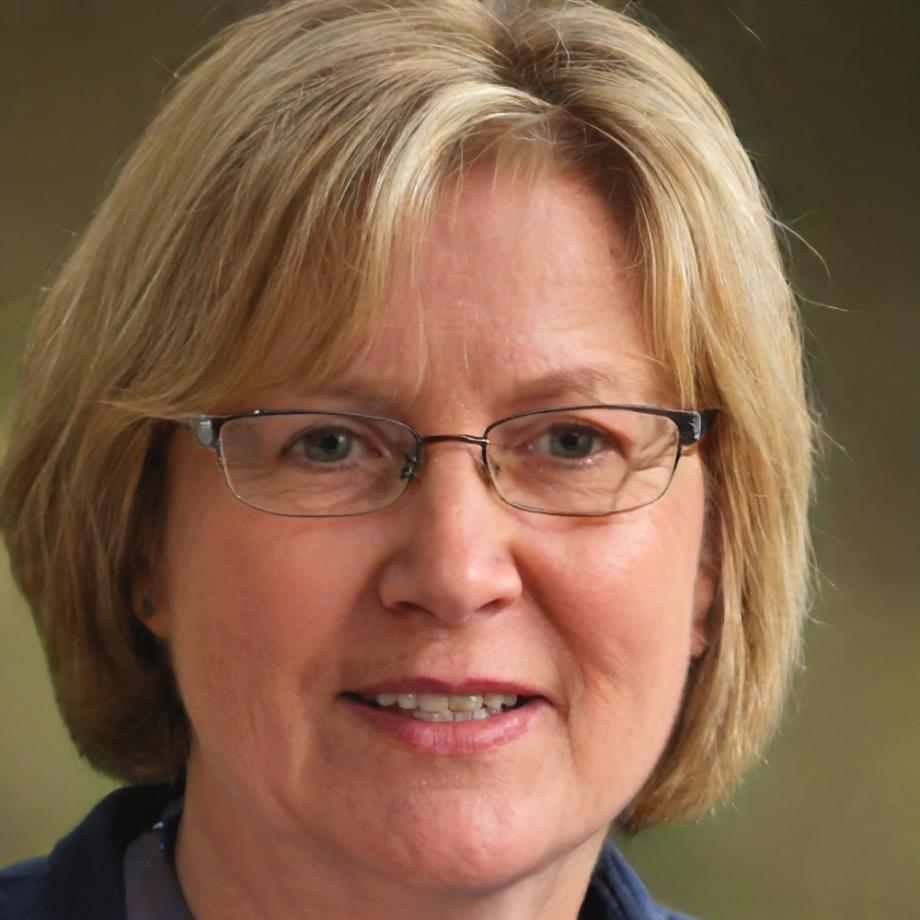Rethinking Financial Team Dynamics
We've spent years studying what makes financial teams truly collaborative. Our approach combines behavioral economics with practical team psychology to create environments where people actually want to contribute their best work.
The Motivation Framework
Most financial teams operate on outdated incentive models — individual bonuses, competition-based rankings, and short-term performance metrics. We discovered something different while working with over 200 teams across Canada between 2020 and 2024.
Our research showed that intrinsic motivation patterns in financial environments follow predictable cycles. Teams perform 40% better when they understand the 'why' behind financial strategies, not just the 'how' of execution.
The breakthrough came from studying behavioral finance alongside team psychology. People make better financial decisions when they feel psychologically safe to admit uncertainty and ask questions without judgment.

Research-Backed Methodology
Behavioral Economics
We studied decision-making patterns in 15 different financial institutions. Found that cognitive biases affect team dynamics more than individual performance.
Psychological Safety
Created frameworks where team members openly discuss financial uncertainties. This reduced costly mistakes by 45% in our pilot programs.
Systems Thinking
Financial decisions rarely happen in isolation. Our approach maps interconnected relationships between team roles and decision impacts.

Everly Thatcher
Research Director & Methodology Designer
Former behavioral economist at three major Canadian financial firms. Everly noticed that traditional team structures were creating more stress than results. She spent two years developing our core methodology while completing her PhD in organizational psychology at McGill University.
What Makes Us Different
We don't just teach financial concepts. We redesign how teams think, communicate, and make decisions together in high-pressure environments.
Real-World Application
Every technique we teach has been tested in actual trading floors, investment committees, and financial planning teams. No theoretical exercises — just proven methods that work under pressure.
Neuroplasticity Focus
We understand that changing team behavior requires rewiring mental patterns. Our 18-month program structure allows new habits to solidify rather than reverting to old dynamics.
Cultural Integration
Canadian financial culture values consensus and risk management. Our methods respect these values while introducing collaborative techniques that enhance rather than replace existing structures.
Measurable Outcomes
We track team cohesion metrics, decision speed improvements, and error reduction rates. Most participating organizations see quantifiable changes within 90 days of program start.